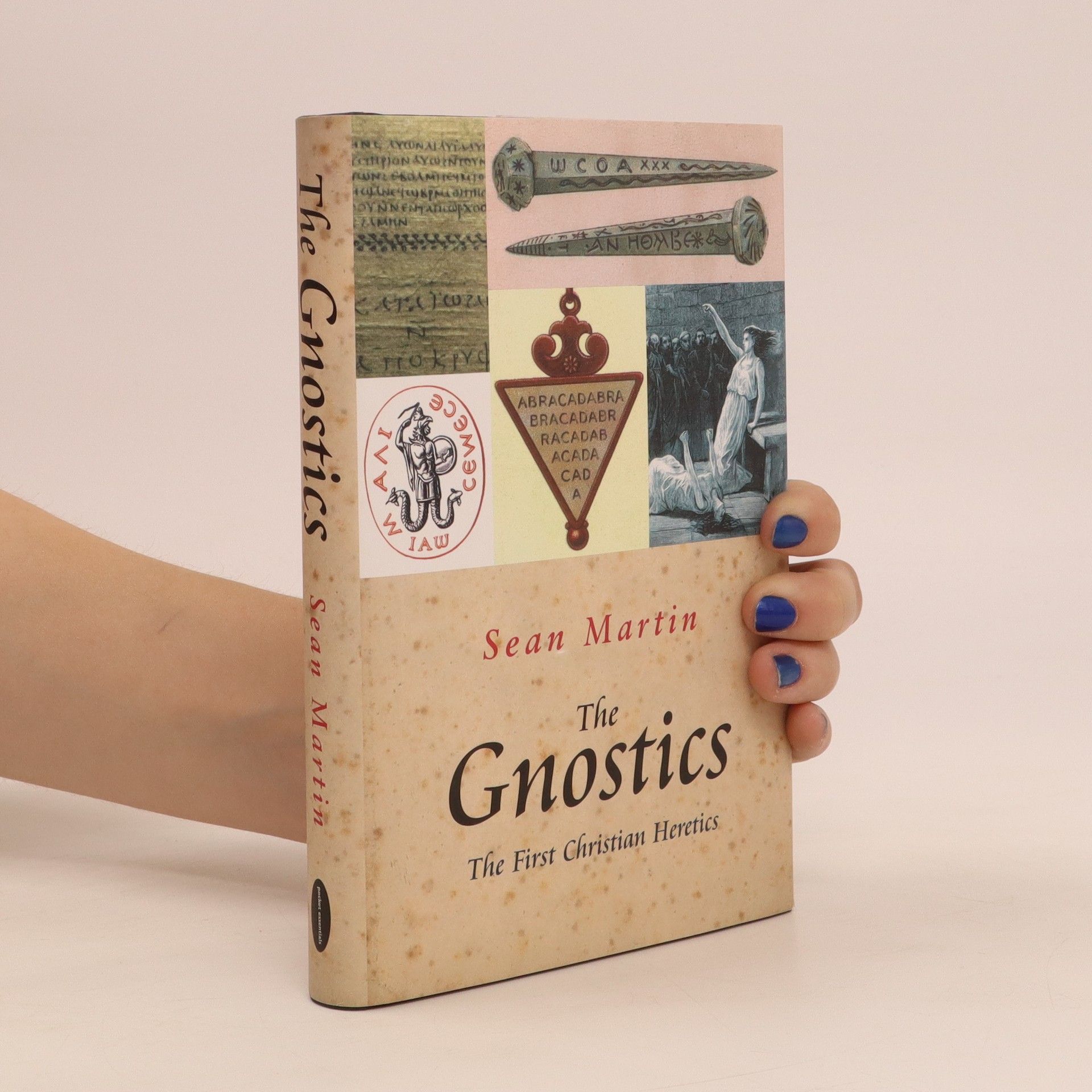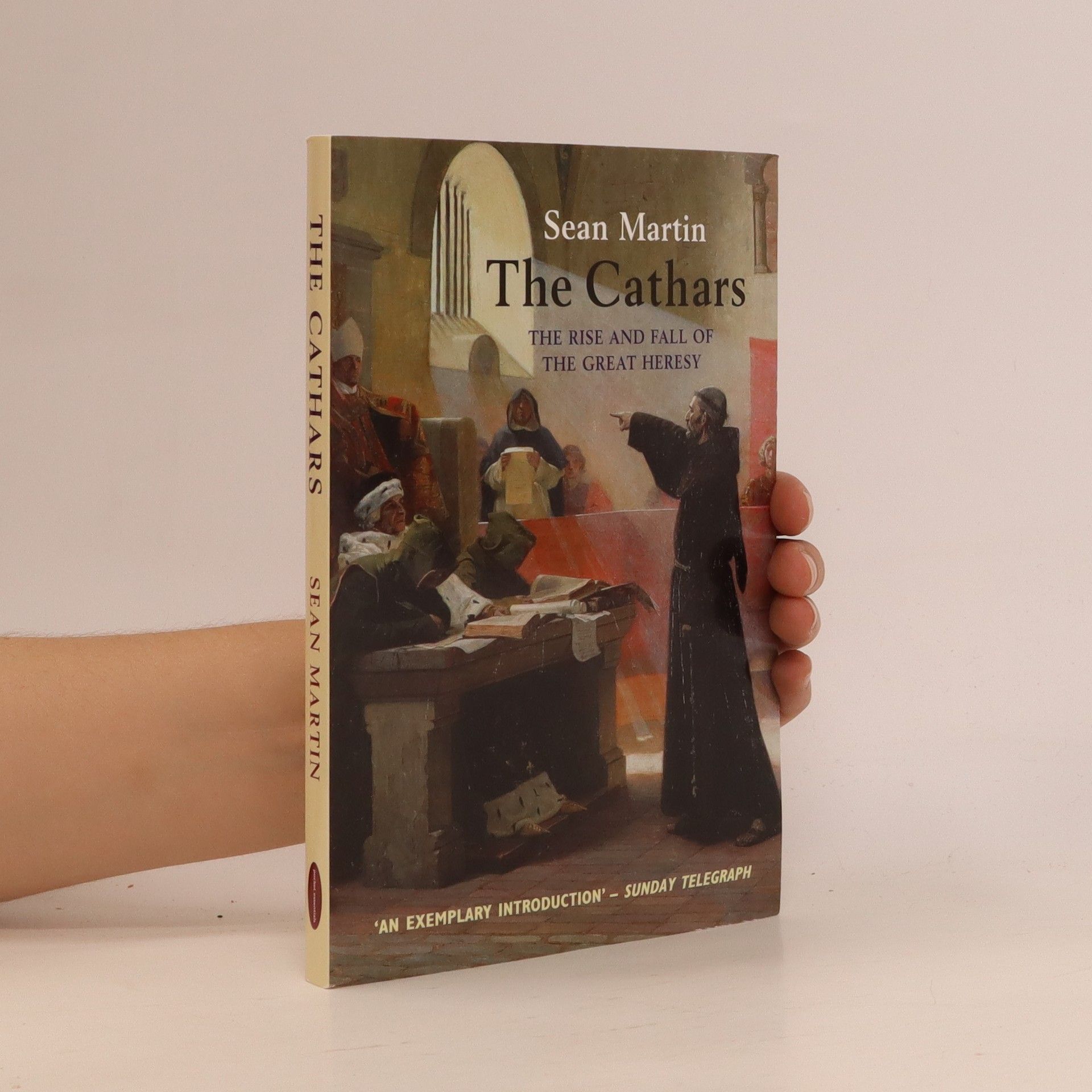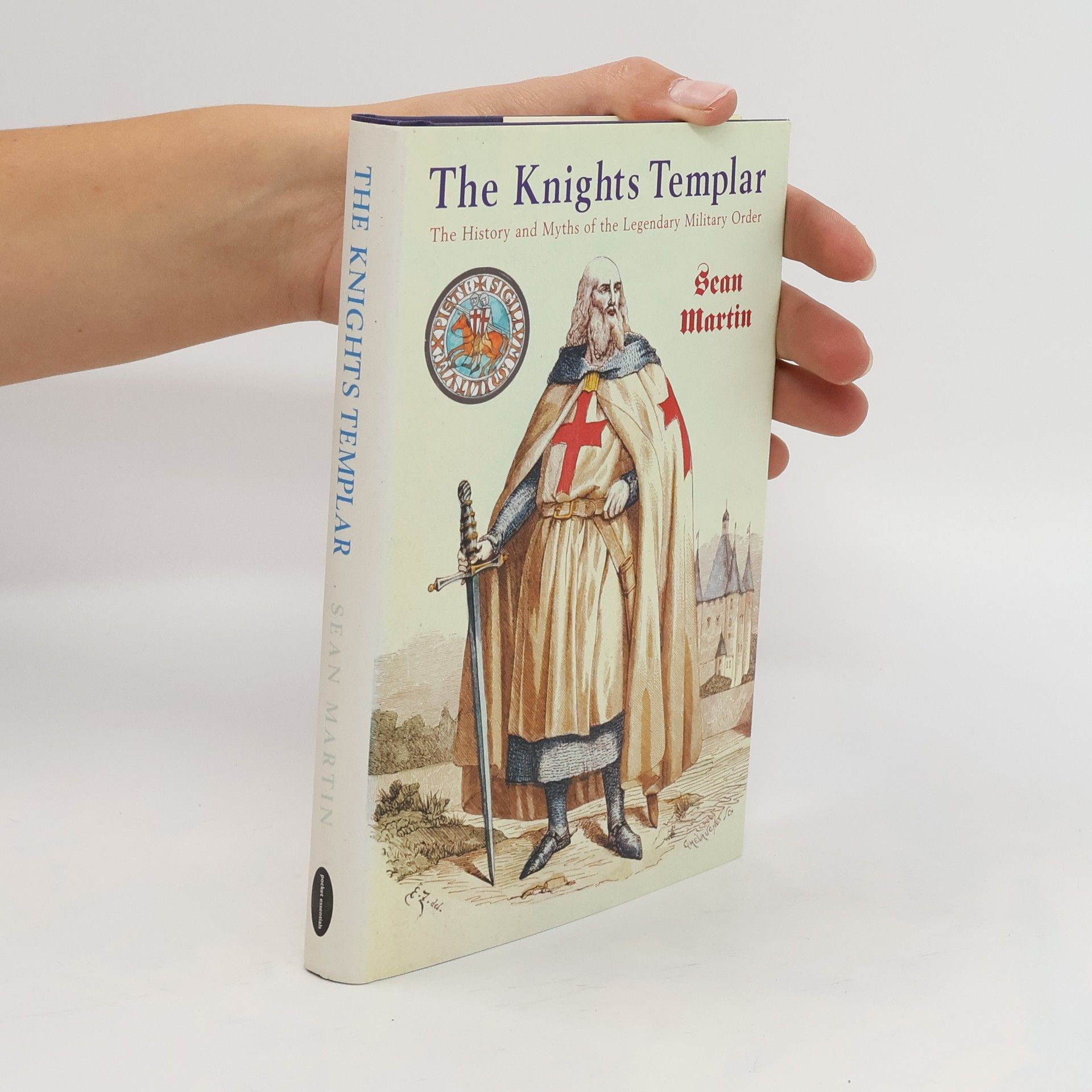Sean Martin Bücher
Dieser Autor ist bekannt für seine akribischen historischen Erzählungen, die sich mit den Komplexitäten weniger bekannter religiöser Gruppen und Militärorden befassen. Seine Schreibe zeichnet sich durch eine gekonnte Mischung aus umfangreichen Recherchen und fesselnder Erzählweise aus, die vergangene Epochen für den modernen Leser lebendig werden lässt. Er versteht es meisterhaft, komplexe Themen und historische Nuancen sowohl klar als auch tiefgründig zu beleuchten. Seine Werke bieten eine faszinierende Erkundung der Entwicklung menschlichen Glaubens und gesellschaftlicher Strukturen.

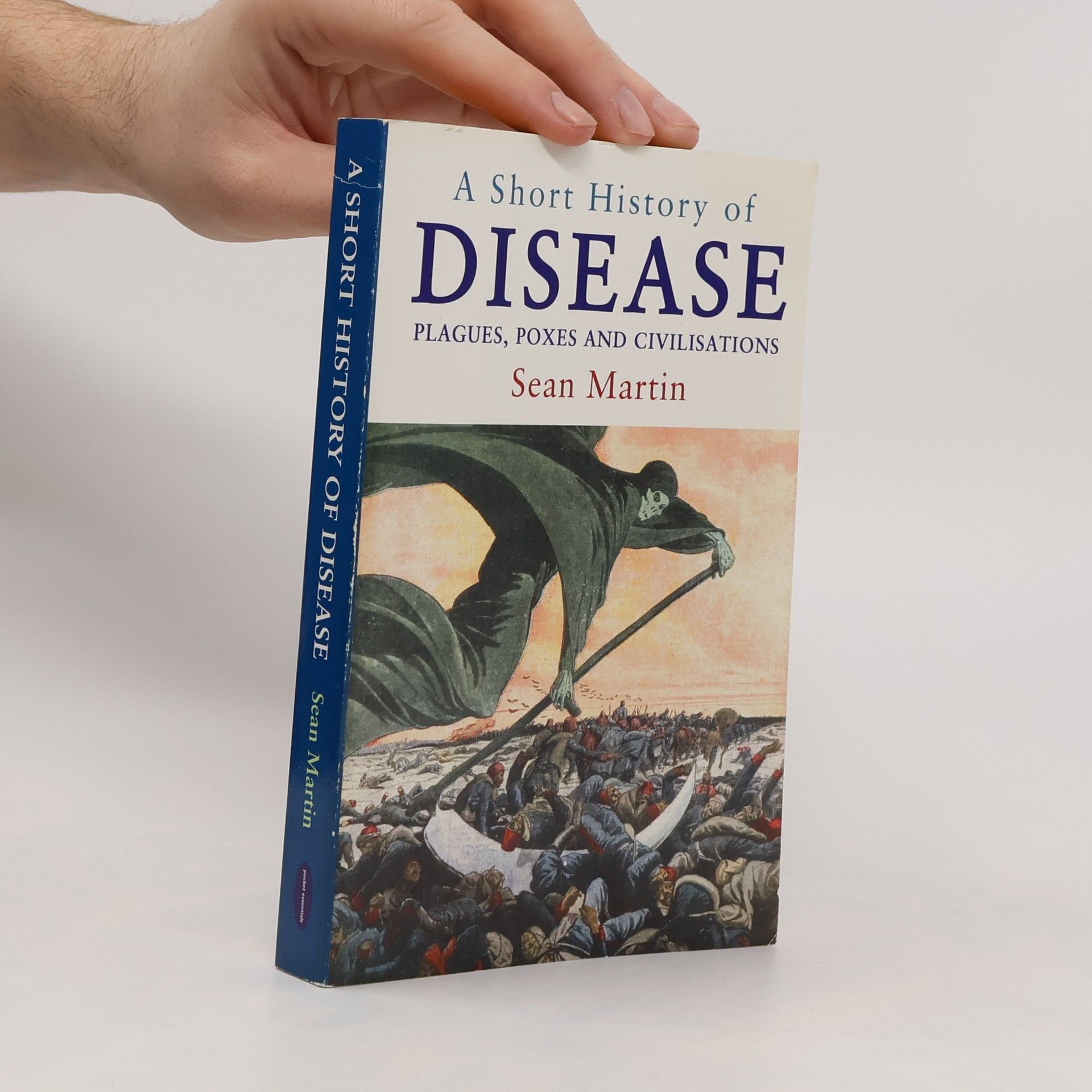
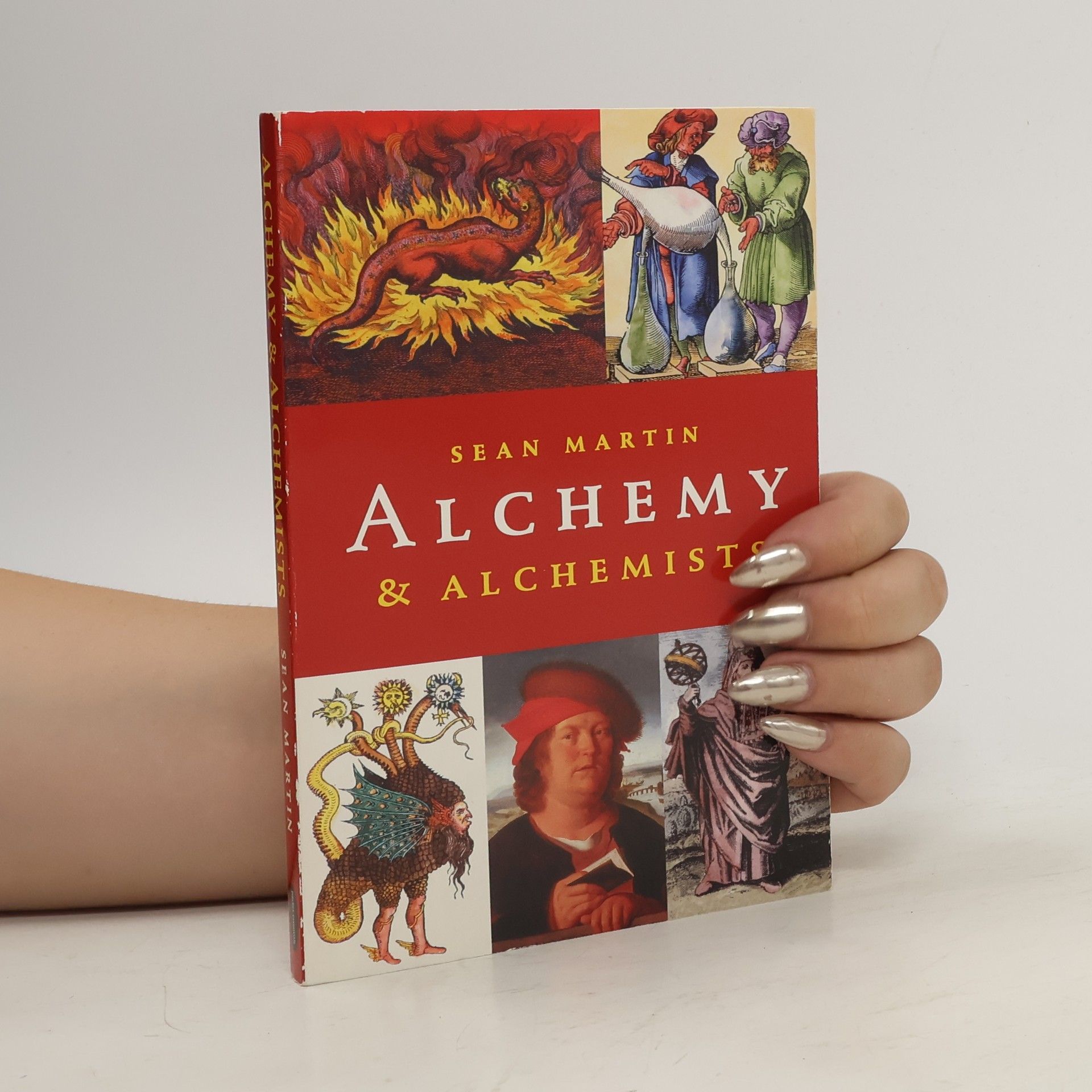



Fire + Wine
75 Smoke-Infused Recipes from the Grill with Perfect Wine Pairings
- 240 Seiten
- 9 Lesestunden
This comprehensive guide offers insights for those looking to transform their BBQ skills into an artistic culinary experience. It provides expert techniques, tips, and creative ideas to enhance flavor and presentation, making it suitable for both novices and seasoned grillers seeking to elevate their outdoor cooking.
Fire & Wine
- 240 Seiten
- 9 Lesestunden
A marriage between two unlikely characters - wood-fired food and well-chosen wines - brought to you by the real-life marriage of a pitmaster and a sommelier.
Alchemy And Alchemists
- 160 Seiten
- 6 Lesestunden
Alchemy has traditionally been viewed as 'the history of an error', an example of mediaeval gullibility and greed, in which alchemists tried to turn lead into gold, create fabulous wealth and find the elixir of life. But alchemy has also been described as 'the mightiest secret that a man can possess', and it obsessed the likes of Isaac Newton, Robert Boyle and many of the founders of modern science. This book explores its history, from its mysterious beginnings in Egypt and China, through the Hellenistic world and the early years of Islam and into mediaeval Europe.
A Short History of Disease
- 320 Seiten
- 12 Lesestunden
A concise and accessible history of infectious and non-infectious diseases, complete with the most up-to-date research on 2014’s Ebola outbreakUsing an interdisciplinary approach, this survey chronicles the historical and geographical evolution of infectious and non-infectious diseases, from their prehistoric origins to the present day, offering a comprehensive, accessible guide to ailments and the medical methods used to combat them. Even before recorded history began, disease plagued human civilizations, claiming more lives than natural disasters and warfare combined. The ongoing battle with new and resurgent diseases has challenged physicians, scientists, and historians in their struggle to identify causes, antidotes, and preventative measures to combat these epidemics. Analyzing case studies including the Black Death, Spanish Flu, cholera, leprosy, syphilis, cancer, and Ebola, this book systematically maps the development of trends and the latest research on disease into a concise and enlightening timeline. Offering a fascinating and compelling insight into a popular area of social history, this easy-to-read introduction will tell you all you need to know about disease and the ongoing quest to protect human health.
Andrei Tarkovsky
- 224 Seiten
- 8 Lesestunden
Andrei Tarkovsky is the most celebrated Russian filmmaker since Eisenstein and one of the most important directors to have emerged during the 1960s and 1970s. Although he made only seven feature films, each one was a major landmark in cinema, the most well-known being the medieval epic Andrei Rublev. In this book, Sean Martin considers the whole of Tarkovsky's oeuvre, seeking to demystify Tarkovsky as a 'difficult' director whilst celebrating his radical aesthetic of long takes and tracking shots. AVAILABLE FROM MARCH 2011
The gnostics : the first Christian heretics
- 160 Seiten
- 6 Lesestunden
Gnosticism is the name given to various religious schools that proliferated in the first centuries after Christ, nearly becoming the dominant form of Christianity, but eventually branded as heretical by the emerging Christian church. The long and diverse history of Gnosticism is recounted here, as well as reasons for its continued relevance today. Although some Gnostic beliefs are close to mainstream Christianity, others examined here include that the world is imperfect because it was created by an evil god who was constantly at war with the true, good God; that Christ and Satan were brothers; that reincarnation exists; and that women are the equal of men. Also covered is the influence Gnostics had on the Renaissance, the Enlightenment, the psychologist Carl Jung, the Existentialists, the New Age movement, and writers as diverse as William Blake, W. B. Yeats, Albert Camus, and Philip K. Dick.
The Cathars
- 192 Seiten
- 7 Lesestunden
Catharism was the most successful heresy of the Middle Ages. Flourishing principally in the Languedoc and Italy, the Cathars taught that the world is evil and must be transcended through a simple life of prayer, work, fasting and non-violence. They believed themselves to be the heirs of the true heritage of Christianity going back to apostolic times, and completely rejected the Catholic Church, regarding it as the Church of Satan. Martin recounts the story of the ever mysterious Cathars in this lively and gripping book.
The Knights Templar: The History and Myths of the Legendary Military Order
- 160 Seiten
- 6 Lesestunden
The Knights Templar rose from humble beginnings to become the most powerful military religious order of the Middle Ages. Formed to protect pilgrims in the Holy Land, they participated in the Crusades and rapidly gained wealth, lands, and influence. Seemingly untouchable for nearly two centuries, they fell from grace spectacularly after the loss of the Holy Land. In the ensuing centuries the Templars have exerted a unique influence over European history; orthodox historians see them as nothing more than soldier-monks whose arrogance was their ultimate undoing, while others see them as occultists of the first order.
Dear Liam & Noah: Letters From Daddy
- 134 Seiten
- 5 Lesestunden
If lucky enough to have children of my own one day, my goal was to be the father to them that I never had growing up - to be the very best father I could be. Directionless and lacking confidence, that hope took me longer to realize than most. Years spent feeling lonely and full of sorrow delayed me from realizing my dreams... until I finally took control of my direction as I entered my forties. This happened to be just months before I met the person, my soulmate, who would make my dream of becoming a father come true. Though the journey of expanding our family took us eight long years, it all worked out eventually, and our twin boys Liam and Noah were born. Being a father is the greatest joy I have ever experienced, and I will never take it for granted. This book is comprised of a series of letters to Liam and Noah, in which I share some of my many life experiences (some good, and some not so good), how I have handled things, and what I could have done better. My hope is that by being open and honest with my sons they can learn from my mistakes, and more easily achieve their own goals in life. I hope you, too, can take something away from the advice I share, and that you are inspired to pass along some wisdom from your own experiences to your loved ones.
